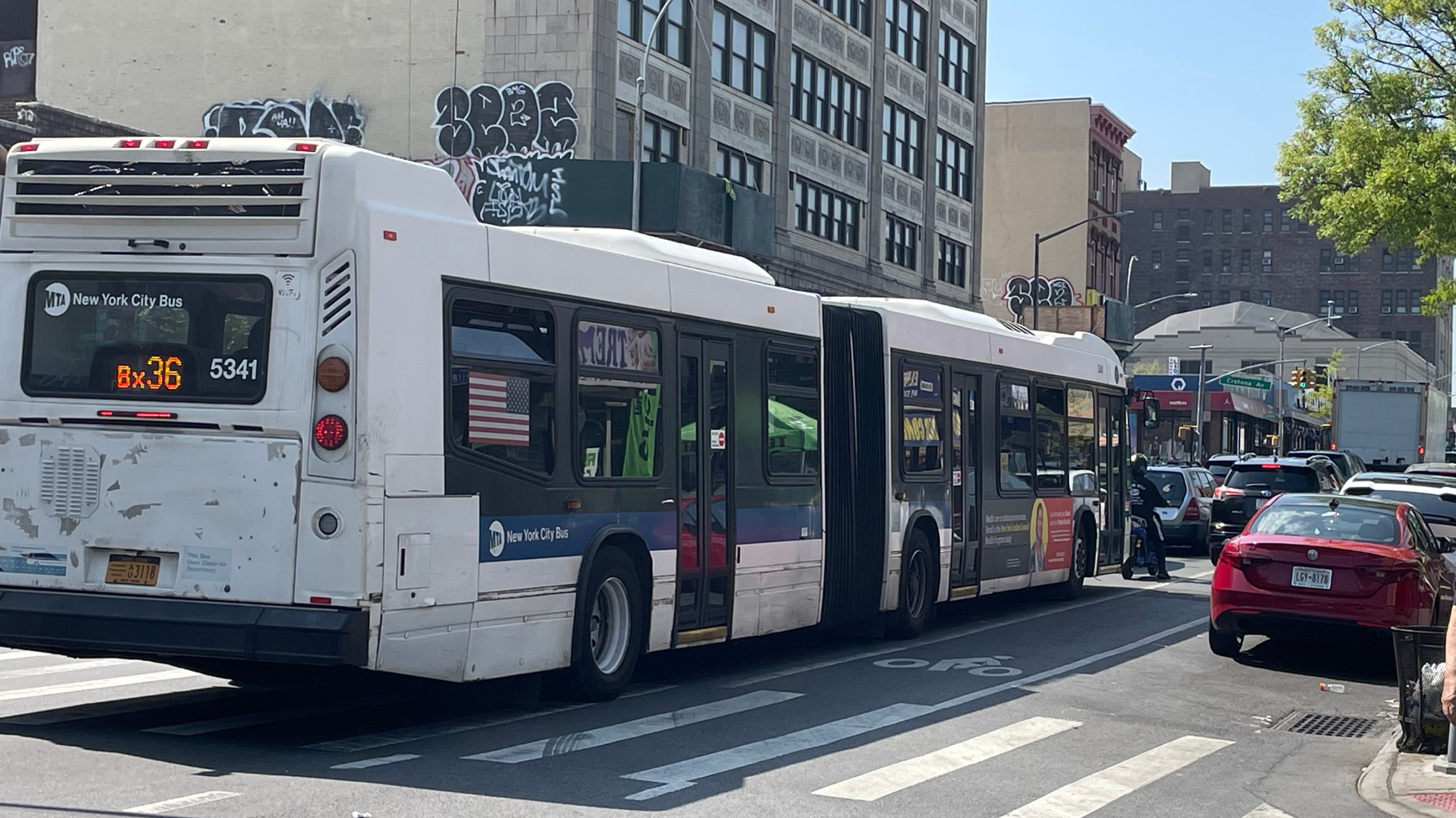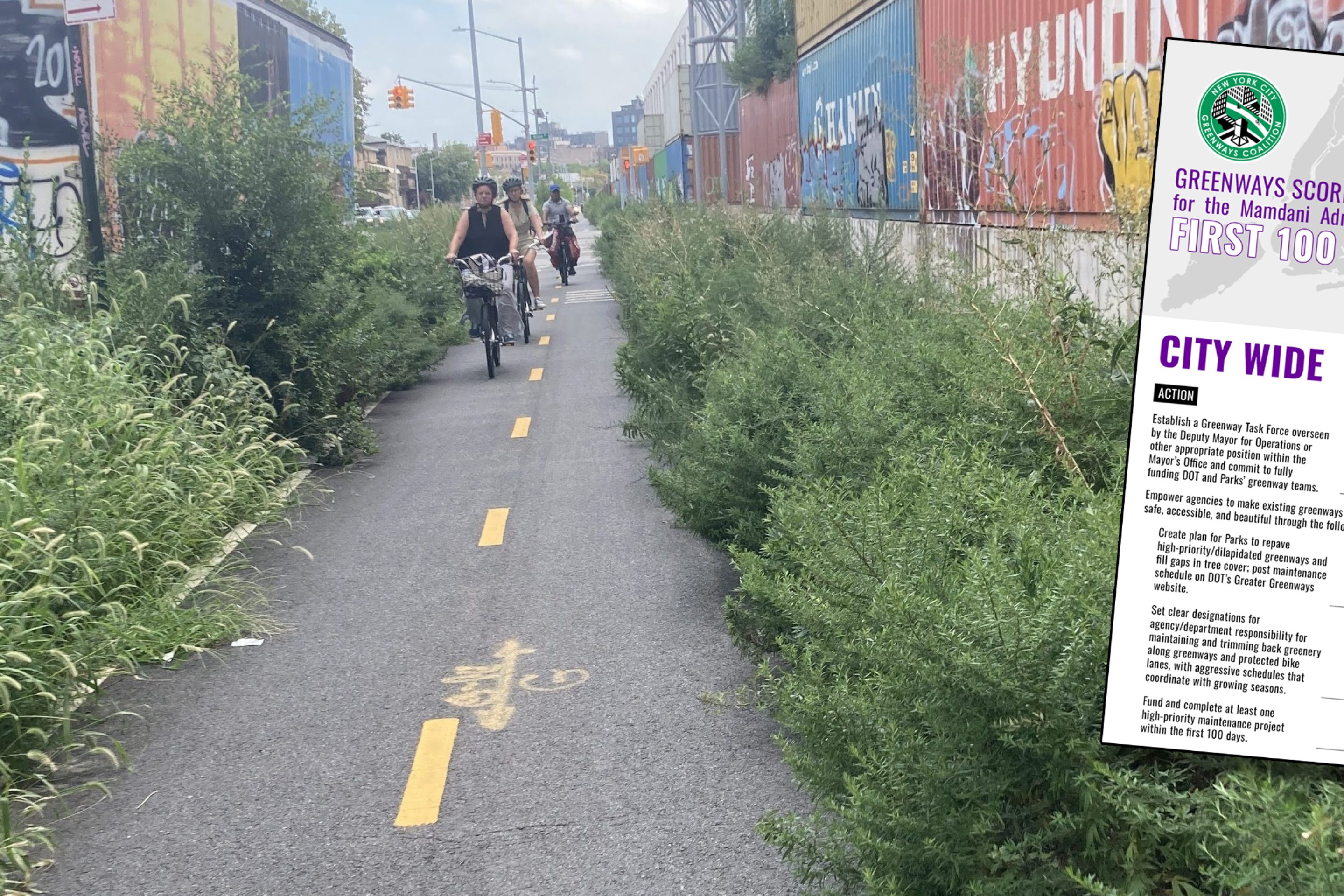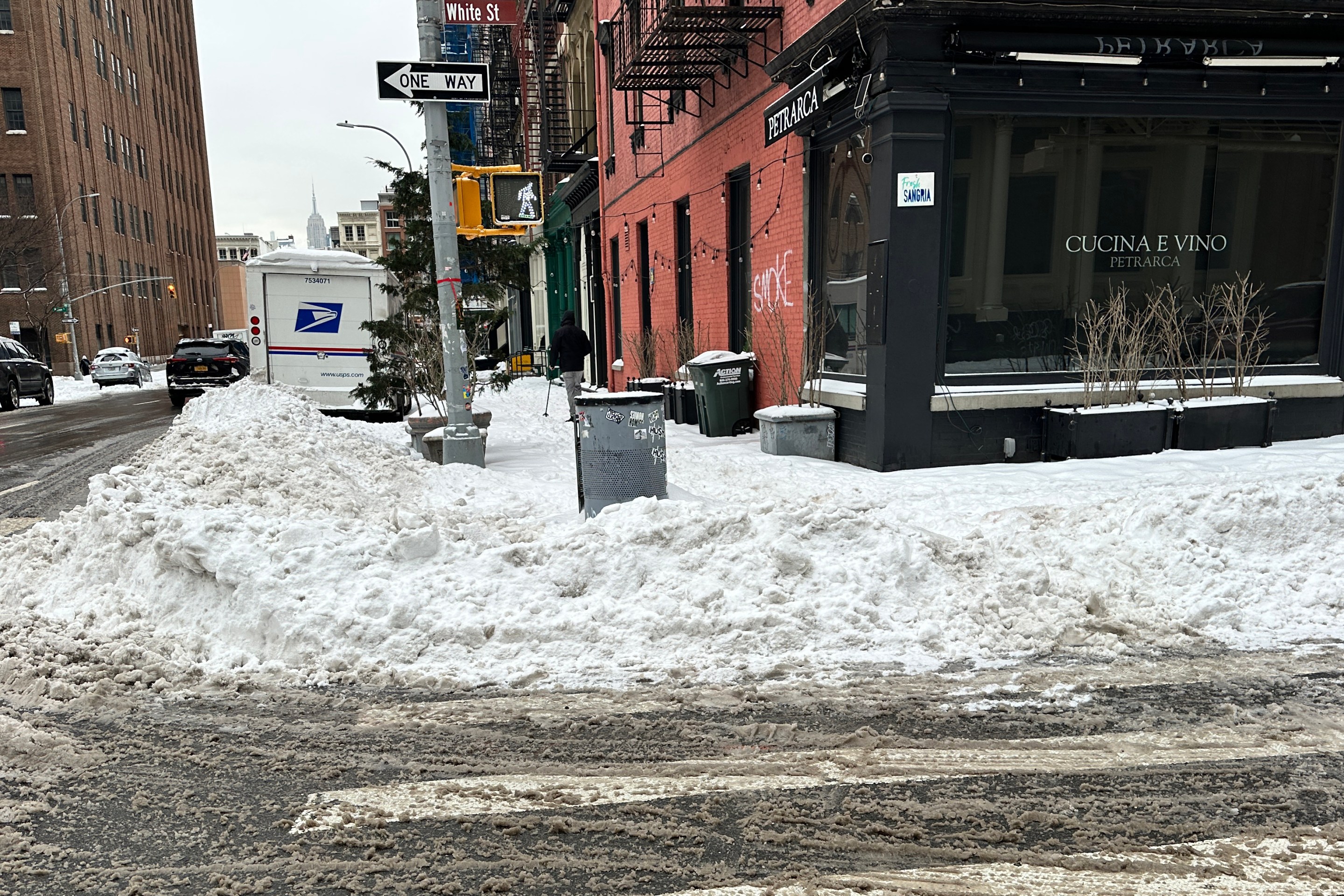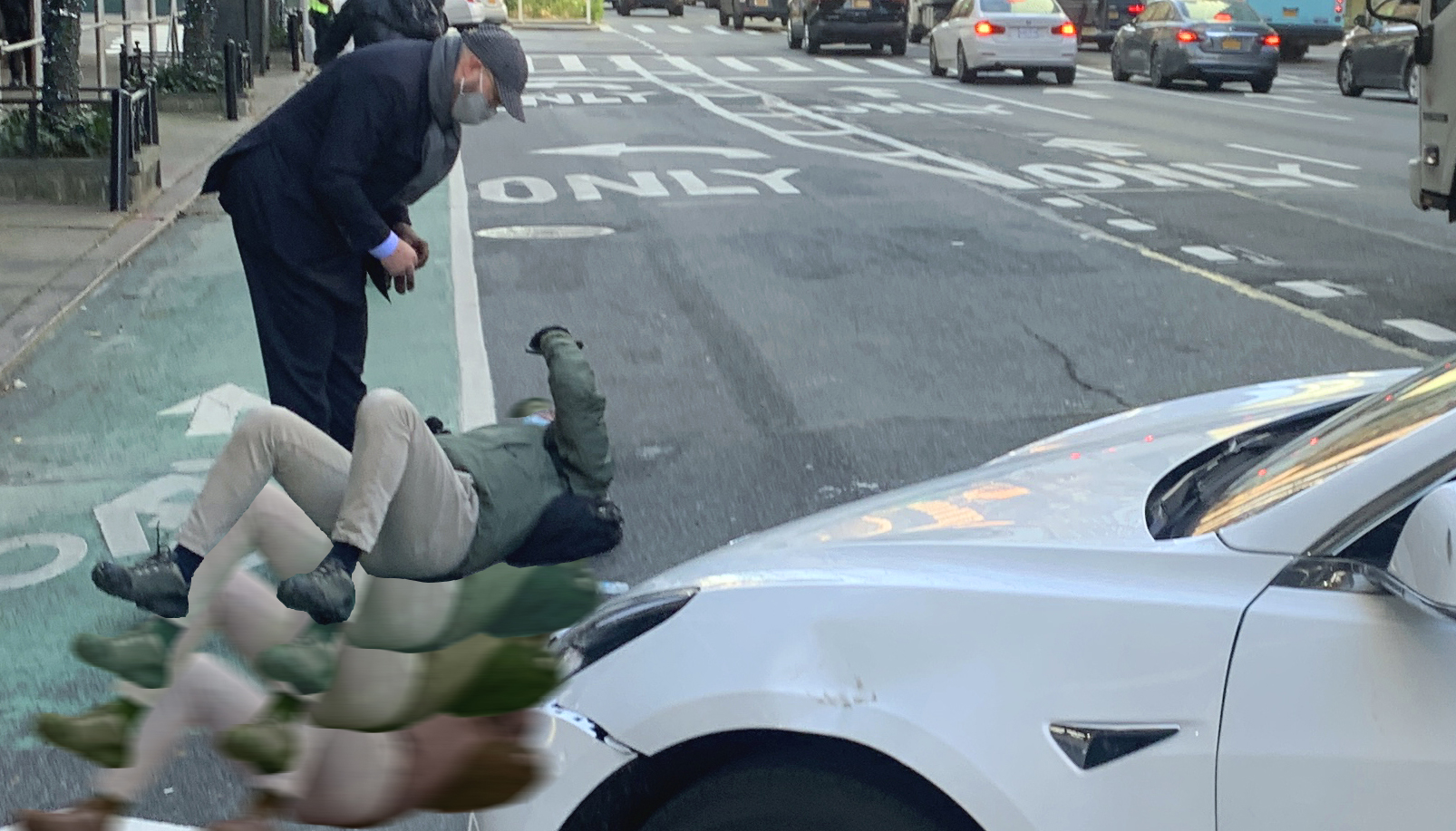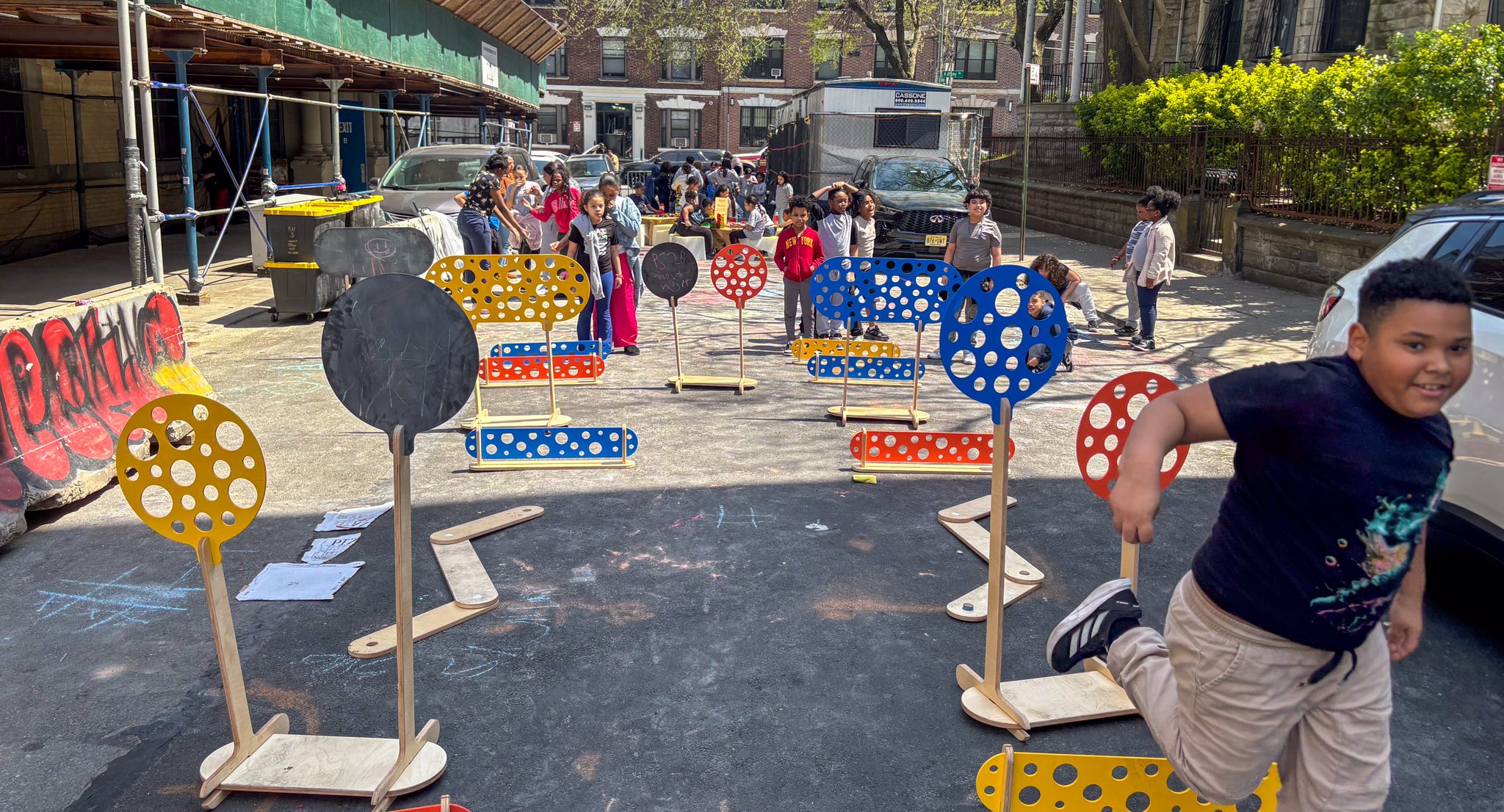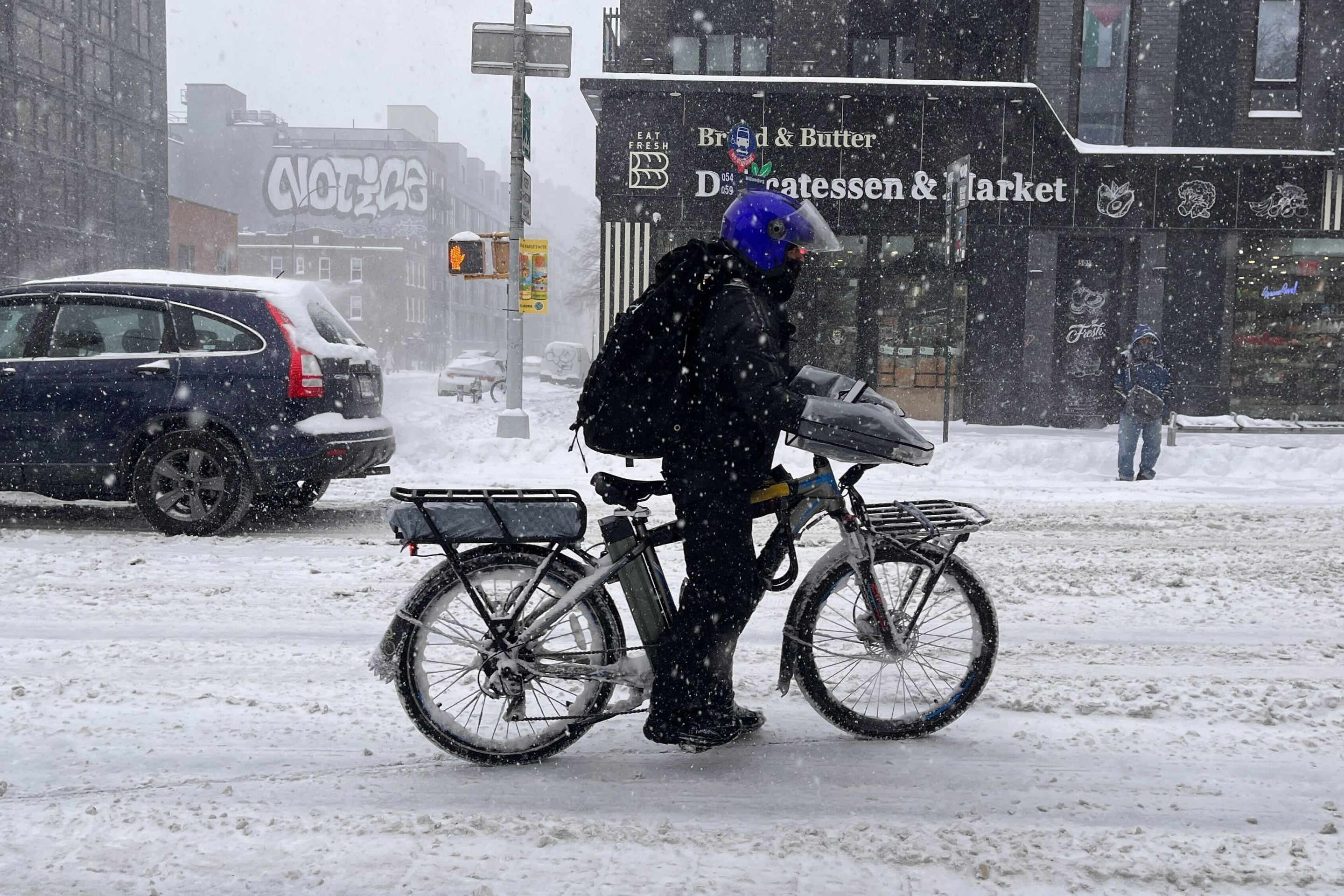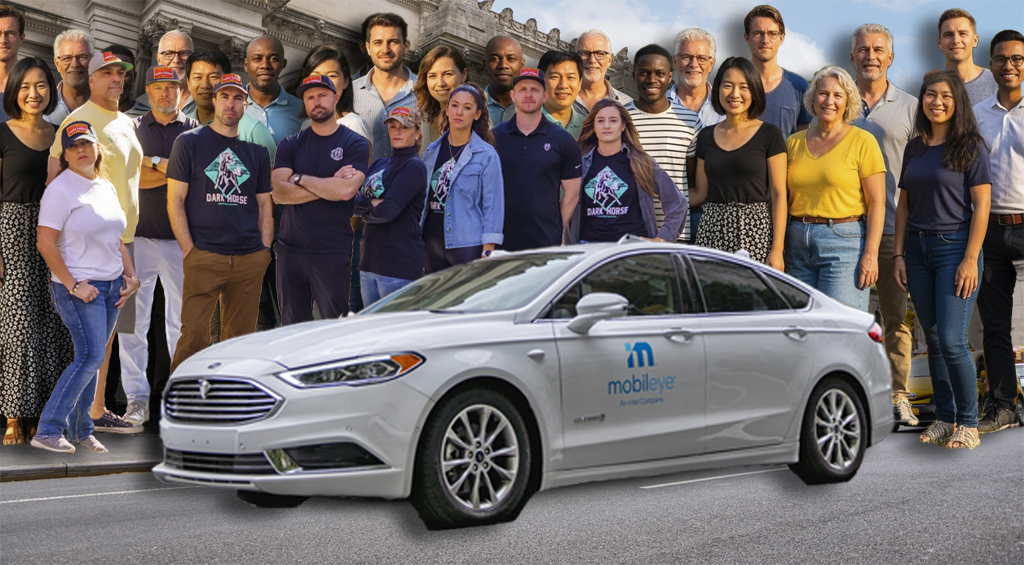Another year, another Bronx bus project.
The Department of Transportation is at least talking about poor bus service on Tremont Avenue, a critical east-west corridor between University Avenue and the Bronx River Parkway where buses average less than 5 miles per hour in some stretches. In February and March this year, the DOT took the first steps, with presentations to Bronx Community Boards 5 and 6, but stopped well short of offering an actual plan for long-suffering transit users.
Memories of the agency's failure on Fordham Road are still fresh. But this time, at least, a local elected who opposed a bold plan for Fordham Road says he's eager for change on Tremont.
"For far too long, residents of East Tremont have lacked access to reliable public transportation," Council Member Oswald Feliz said in a statement. "We need dedicated bus lanes in this commercial corridor."
Residents of the area will hold Feliz to that statement.
"This is the slowest bus in the Bronx, I believe," said Bx36 rider Antonia, who declined to give her last name. "You know those awards they give to the bus when they're too late? This deserves two Pokeys."
In its presentations, the DOT went over the roots of its failure on Tremont Avenue: The Bx36 may indeed be the fifth-busiest bus in the Bronx and a crucial east-to-west link in a borough without crosstown subways, but during rush hour, this bus is hours and hours of no rush.
Between 6 and 10 a.m., eastbound buses can't move any faster than 7 miles per hour. Things are somewhat better for westbound buses in the same time period, with buses exceeding 9 miles per hour in some short stretches, but for the most part the buses are stuck in the sub-7 miles per hour muck.
And between 3 and 7 p.m., Tremont becomes a complete slog. Eastbound and westbound buses move slower than five miles per hour on several multi-block stretches, most notably between Anthony and Prospect avenues, where westbound buses basically don't move for the almost mile-long stretch of road.
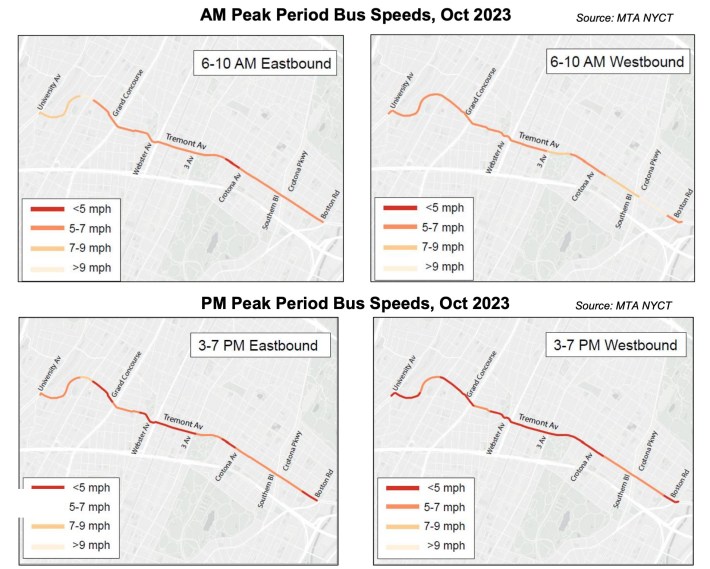
And poor bus service is a form of basic inequity: Bronx Community Board 5 is 95 percent Black or Latino and its neighbor to the east is 94 percent Black and Latino. Roughly 30 percent of the households in each district are below the poverty line. Pollution from congestion makes both neighborhoods among the worst in the city for asthma rates, according to city statistics compiled by the Massachusetts Institute of Techology and Transportation Alternatives.
But buses are so essential to these residents: 72 percent of households in the area don't have access to a car, and 78 percent of working people get to their jobs via public transit, walking or biking. And DOT found that 95 percent of people heading to Tremont Avenue took the bus or walked.
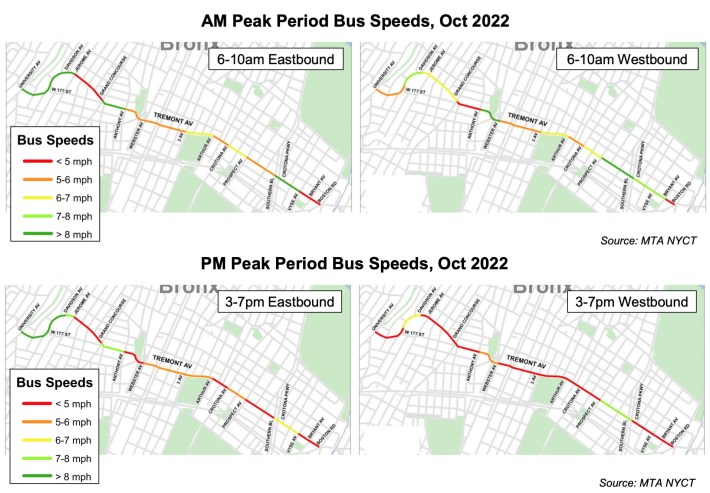
The Adams administration and the MTA have previously raised the possibility of a Tremont Avenue bus lane — and the delay between the 2022 discussions and this year's chatter shows what happens when cities don't build bus lanes: Bus speeds have gotten worse or, at best, stayed the same, along Tremont since 2022.
Slow buses are not just an abstract set of data, they're real world impediments to people getting anywhere on time.
"A bus trip at in the evening is going to take between seven and nine minutes longer than it does late in the evening when there's no traffic, so the buses are really getting bogged down," Rob Thompson, an MTA bus planner, told the CB5 Transportation Committee in March. "And that's just taking time away from everyone who's trying to get back and forth through the Bronx."
A Challenging Corridor
What makes the most clogged piece of Tremont Avenue such a challenge is that the blocks where bus speeds are so low, the street is just 50 feet wide. In practice, that means that there is a single eastbound lane, a single westbound lane, and unprotected bike lane and two-hour metered parking on each side of the street.
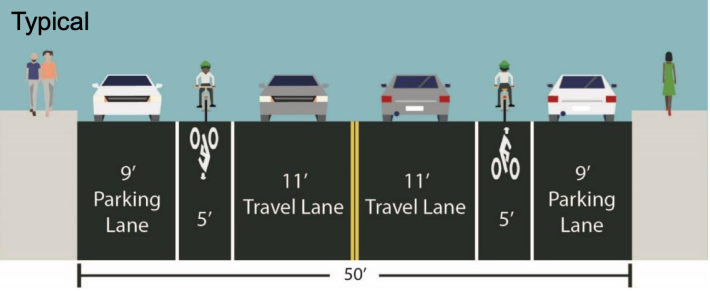
Any traffic will grind a bus to a halt, because the bus has nowhere else to go. Further complicating matters, the commercial stretch between Jerome and Clinton avenues has metered parking that last for up to two hours, which leads to little turnover.
The result is truly bad bus service. On a visit to Tremont Avenue on a Thursday afternoon, Streetsblog walked 40 minutes from the Grand Concourse to the Bronx River Parkway, but only saw an eastbound Bx36 after turning back to go westbound.
"Sometimes it can take a long time for the bus to come, like half an hour or an hour," said Angel Ciuidanes, who was waiting for the bus to take him to a doctor's appointment.
Bus bunching, imbalanced service and overcrowding were also huge problems. Multiple westbound buses passed by in the same time no eastbound buses were to be found, and inside the bus on a westbound trip shortly after school got out, a bus was almost immediately standing room only despite the fact that it was stopping behind another Bx36.
And safety is certainly an issue. Last year on E. Tremont between the Grand Concourse and the Bronx River Parkway, there were an astonishing 204 reported crashes, injuring 166 people, including eight cyclists and 34 pedestrians, according to city stats. No wonder the DOT listed "Make Tremont Av. safer to walk, bike and drive," as one of its missions.
But the top priority remains, "Make bus service fast, reliable and on-time," the agency presentation said. Streetsblog can confirm that the bus is agonizingly slow. Our 0.8 mile trip from Crotona Avenue to Grand Concourse took 11 minutes, which comes out to just 4.3 miles per hour.
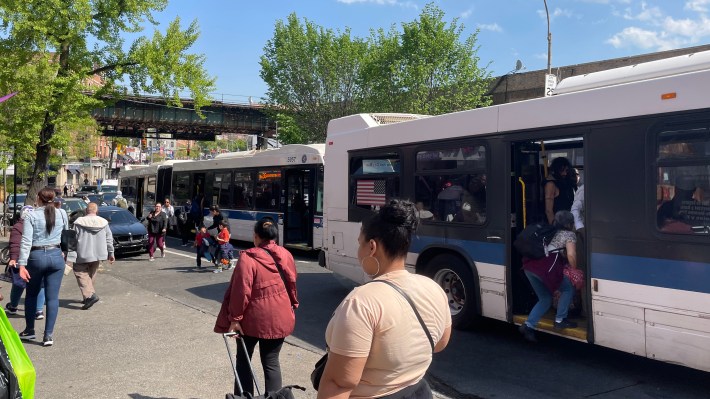
Some bus riders told Streetsblog they'd prefer a busway. And one CB5 leader urged the DOT to be aggressive. Because Tremont is so narrow, the DOT would potentially be limited in what it could pull out of its tool box, so a bus/truck-only stretch would be best.
"Having seen other places like 181st Street for example, I would love to push the DOT to go as bold as possible and really consider a busway," said CB5 Transportation Committee Chair Lucia Deng. "I feel like in that scenario how narrow in is you give priority to buses and deliveries and also give priority to folks who need to access the curbside, maybe with parking meters."
The DOT included Tremont as a bus lane project connected to this year's rollout of congestion pricing, which makes sense because the Bx36 connects to the Tremont Metro-North station, as well as the 1, 2, 4, 5, 6, A, B and D trains.
But politics will of course play a role here. Like last year's defeated proposal for an offset bus lane Fordham Road, Tremont Avenue is represented by Council Members Pierina Sanchez in the west, who supported an eastbound busway on Fordham, and Feliz in the east, who opposed it.
But unlike on Fordham Road, Tremont has fewer big-money institutions, like the Bronx Zoo and Fordham University, that could throw their weight around in opposition.
Feliz remains in wait-and-see mode, while Council Member Sanchez did not respond to a request for comment.
The DOT said its next steps will be traffic analysis in the spring and summer this year, with plans for a proposal later in 2024.
